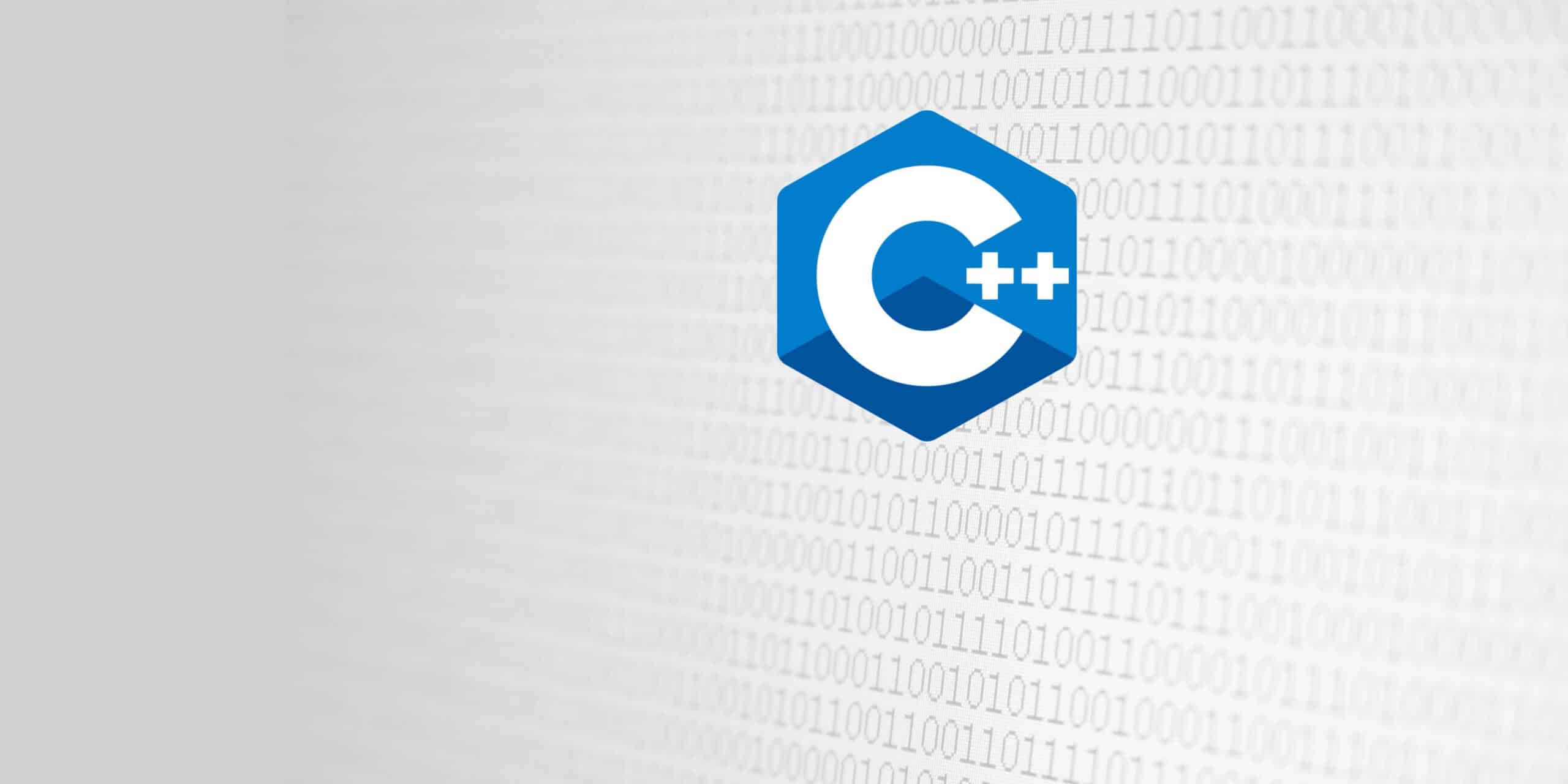This training stands out due to:
- Strategic approach: goes beyond syntax to cover adoption barriers and strategies.
- Experienced instructor: led by an industrial software developer.
- Versatile scope: relevant to various application domains, from embedded to cloud/web application development contexts.
- Classroom interaction: encourages engagement and peer networking.
The Rust programming language offers guaranteed memory safety: a tremendous benefit in security-critical or concurrency-heavy software systems. Still, Rust is a compiled language without garbage collection, and it offers zero-overhead abstractions as well as top-tier performance optimization possibilities. And if that is not enough in and of itself, Rust features an expressive, modern syntax and an excellent tooling ecosystem.
Even though the Rust programming language is relatively young, it has been stirring up the software engineering community for some years now. But is Rust fit for production? Can it be applied in any software engineering field? Is Rust hard to learn? Can Rust interact with my existing code base or hardware? Despite its age, Rust is being widely adopted in production environments, in small and large tech companies alike. Rust is definitely fit for production, and can be applied in a plethora of use cases, from embedded environments, systems programming environments up to web applications. Furthermore, there are plenty of possibilities to have Rust interact with other programming languages or hardware devices. Even though there's excellent documentation on Rust and many related topics, a good preparation is recommended, as the learning curve for Rust can be quite steep.
As a software engineering business, it may be challenging to adopt a new tool like Rust. Preparing for such a process is important, and will determine the success of the adoption as a whole. In this intense, two half-days introductory training course, experienced software engineers will learn about the benefits the Rust programming language can offer, and how to proceed for successful adoption of the language.




